‘Squid Game’ Season 2: A familiar game with new pieces
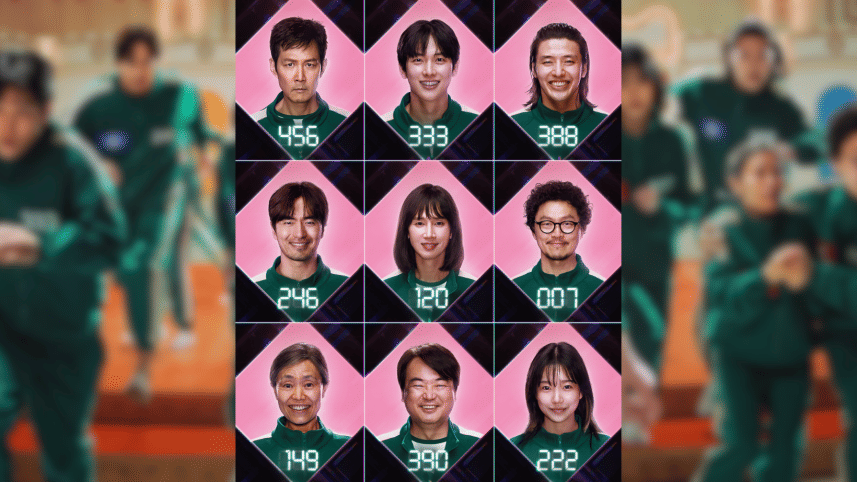
In 2021, "Squid Game" captured global attention with its brutal social commentary, high-stakes survival games, and unforgettable characters. Its visceral critique of capitalism and human nature made it a cultural phenomenon. Three years later, "Squid Game" Season 2 stepped onto Netflix's stage, aiming to expand the series' universe while grappling with the inevitable pressure of living up to its groundbreaking predecessor. While the second season showcases moments of brilliance, it often stumbles under the weight of its ambitions, leaning heavily on familiar tropes and predictable narratives.
At its core, "Squid Game" thrives on its ability to juxtapose desperate characters with twisted games that mirror real-world struggles. Season 2 retains this foundation but attempts to introduce new layers. The story picks up with Seong Gi-hun, the first season's protagonist, now a man transformed by the trauma of surviving the games. Haunted and driven, Gi-hun's mission shifts from survival to dismantling the organisation behind the remorseless carnage. Actor Lee Jung-jae's portrayal of Gi-hun remains a standout, seamlessly blending vulnerability with a hardened resolve that reflects the scars of his past.
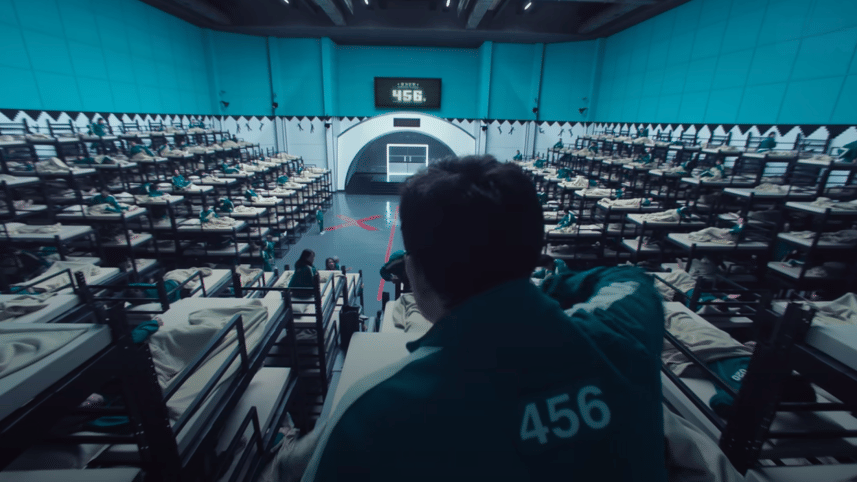
Once again, the games themselves become a central element, designed to test the limit of morality, alliances, and personal sacrifice. Season 2 adds a voting system to the mix, allowing participants to influence the structure of the games. While this addition provides fleeting moments of unpredictability, it is underutilised — often overshadowed by the show's reliance on shock value and familiar plot devices.
One of the highlights of Season 2 is its deeper exploration of character arcs. Gi-hun's transformative journey from being a victim to a hunter is compelling, providing a stark contrast to his naivety in Season 1. His personality shift transcends being a narrative device; it examines how trauma reshapes identity. Similarly, Hwang Jun-ho, the detective presumed dead in Season 1, returns in a surprising twist. However, his storyline as a traffic cop turned reluctant informant is underdeveloped, hinting at a potential that remains largely untapped.
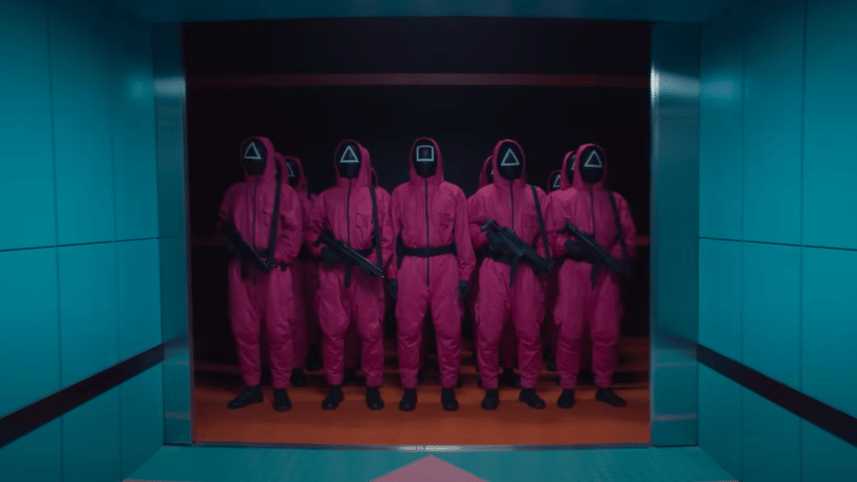
The Front Man, aka Hwang In-ho, emerges as a more complex antagonist this season. Once he chooses to become a participant in the games himself, In-ho's dual role as both enforcer and survivor adds moral ambiguity to his character. Throughout the show, his interactions with Gi-hun and Jun-ho suggest a layered personality, torn between loyalty to the organisation and the remnants of his humanity. Yet, much like Jun-ho, In-ho's potential is stifled by the series' preoccupation with its overarching themes.
Season 2 attempts to expand the "Squid Game" universe by pulling back the curtain on the organisation and its inner workings. The addition of the perspectives of the guards in red hooded jumpsuits and glimpses into the hierarchy behind the games offer intriguing insights. However, these moments are fleeting, often overshadowed by the show's penchant for reiterating its central message: greed contagiously corrupts, and humanity is inherently flawed.
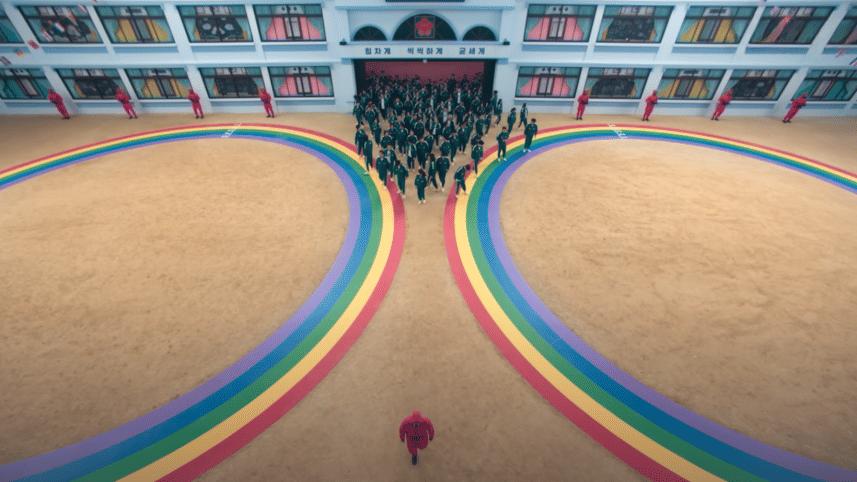
The series' exploration of the games' global influence—hinting at international versions and broader networks—is another attempt at world-building that feels half-hearted. While these hints lay the groundwork for potential spin-offs or future seasons, they fail to significantly enhance the current narrative. Instead, they often serve as distractions from the central storyline.
One of the most glaring weaknesses of Season 2 is its reliance on familiar archetypes and predictable plot twists. Many new characters feel like carbon copies of their Season 1 counterpart. The morally ambiguous leader, the tragic "good" character, and the self-serving villain reappear with little innovation. This lack of originality diminishes the emotional impact of their arcs, making them feel more like placeholders than fully realised individuals. Moments of betrayal, alliances, and sacrifices are telegraphed well in advance, robbing the series of genuine surprises. The emotional manipulation through slow-motion sequences and dramatic music further detracts from the show's authenticity, making pivotal moments feel forced rather than earned.
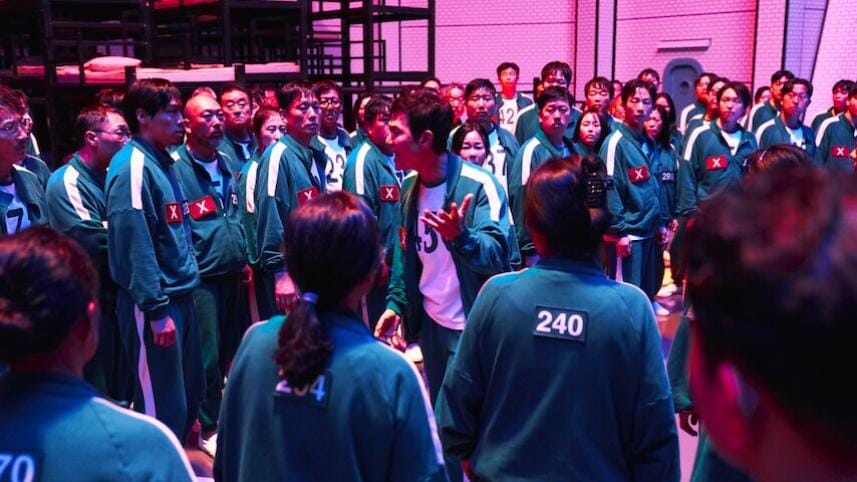
"Squid Game" has worn its critique of greed and human nature on its sleeve. However, Season 2 struggles to balance this commentary with nuanced storytelling. The show's heavy-handed approach often feels didactic, spelling out its messages rather than allowing them to emerge organically through the narrative. This tendency not only underestimates its audience's intelligence but also takes away from the subtlety that made the debut season so impactful.
The show's exploration of morality—particularly through the voting system and character decisions—has potential but is rarely given the depth it deserves. Instead, the narrative often reverts to simplistic dichotomies of good versus evil, failing to fully embrace the moral gray areas that could elevate the series.
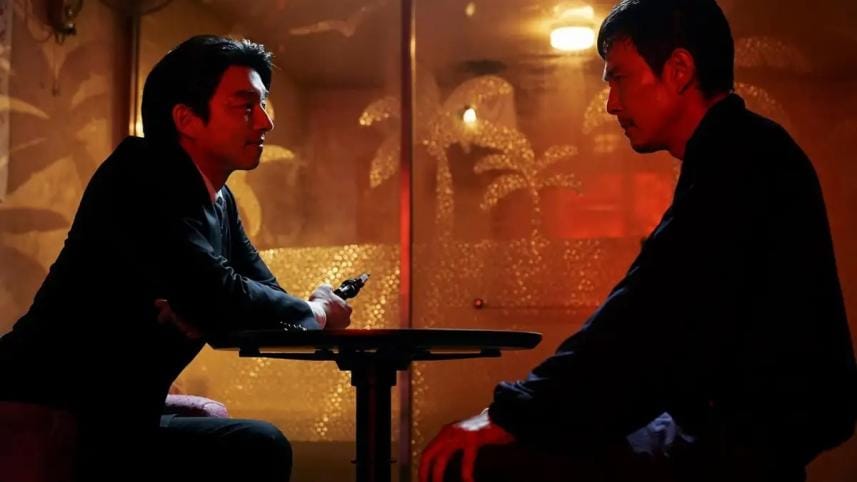
Despite its flaws, the second season is not without merit. The performances remain strong, particularly Lee Jung-jae's portrayal of Gi-hun and Lee Byung-hun's nuanced take on In-ho. The visual design of the games continues to impress, with intricate sets and haunting imagery that capture the series' dystopian aesthetic. If there is hope for the series' future, it lies in its willingness to take risks. Season 3 has the potential to break free from the formulaic approach of its predecessor, embracing more innovative storytelling and deeper character exploration. By focusing on the moral complexities of its characters and the systemic structures that perpetuate the games, the series could reclaim its place as a bold and thought-provoking cultural touchstone.
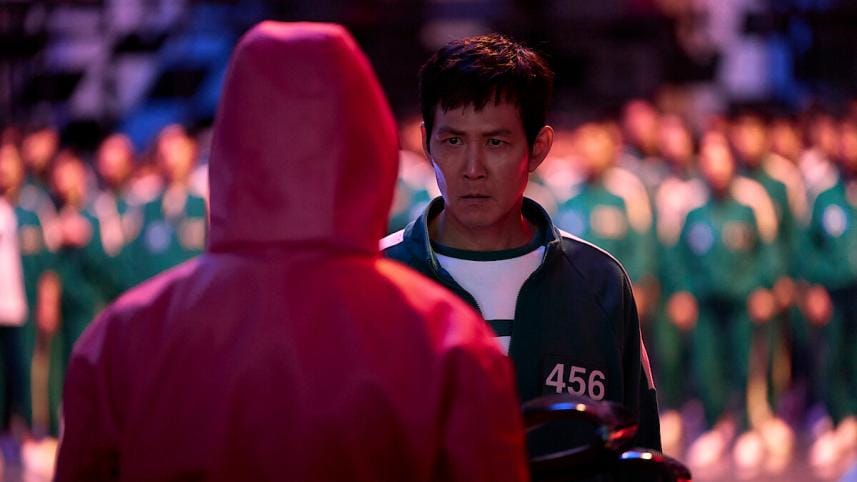
In my opinion, this season was a mixed bag. It succeeds in expanding the show's universe and exploring new character dynamics but falters in its reliance on familiar tropes and heavy-handed messaging. While it retains the visual and emotional intensity of the shock of the first season, it often feels like a shadow of its former self, struggling to recapture the magic that made "Squid Game" a global phenomenon. For fans of the series, Season 2 offers enough intrigue and emotional resonance to warrant a watch. However, for those seeking the originality and depth of Season 1, it may leave much to be desired.




 For all latest news, follow The Daily Star's Google News channel.
For all latest news, follow The Daily Star's Google News channel. 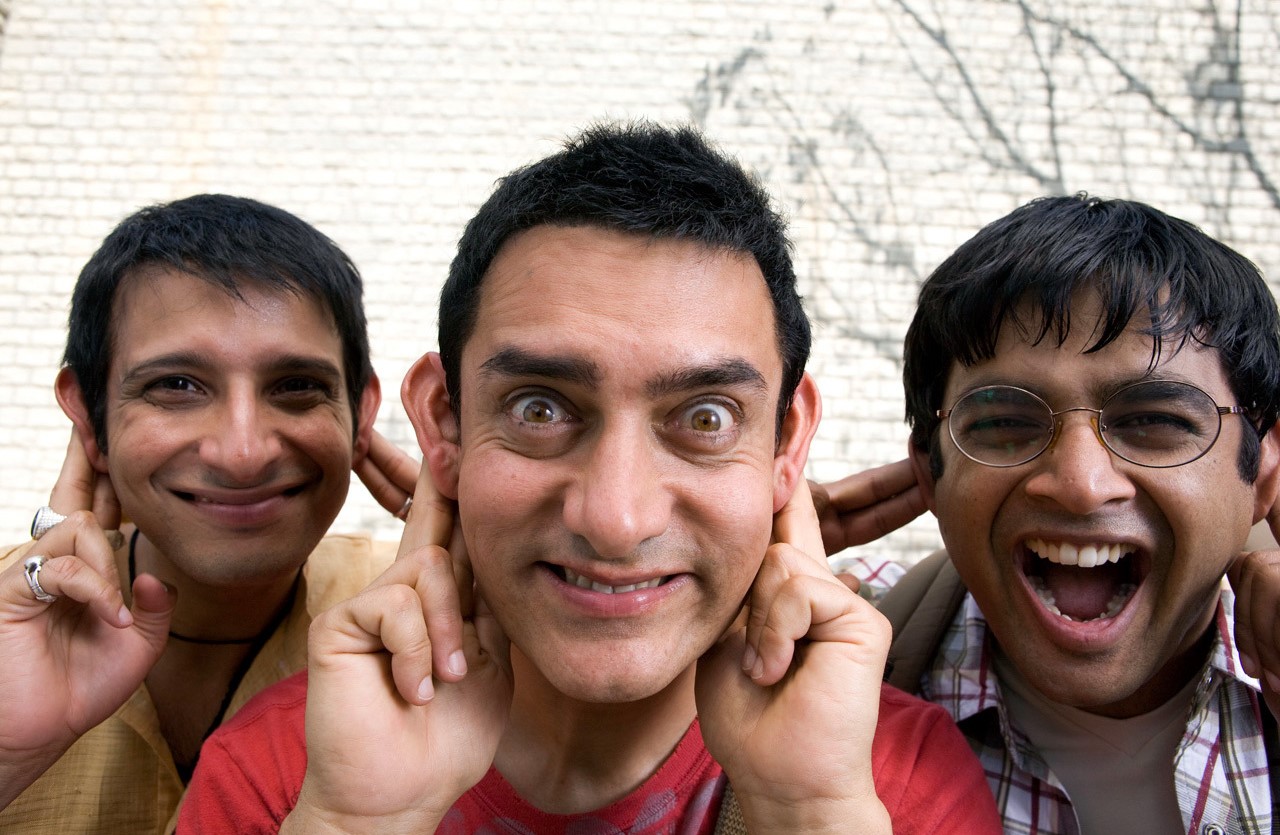
Comments